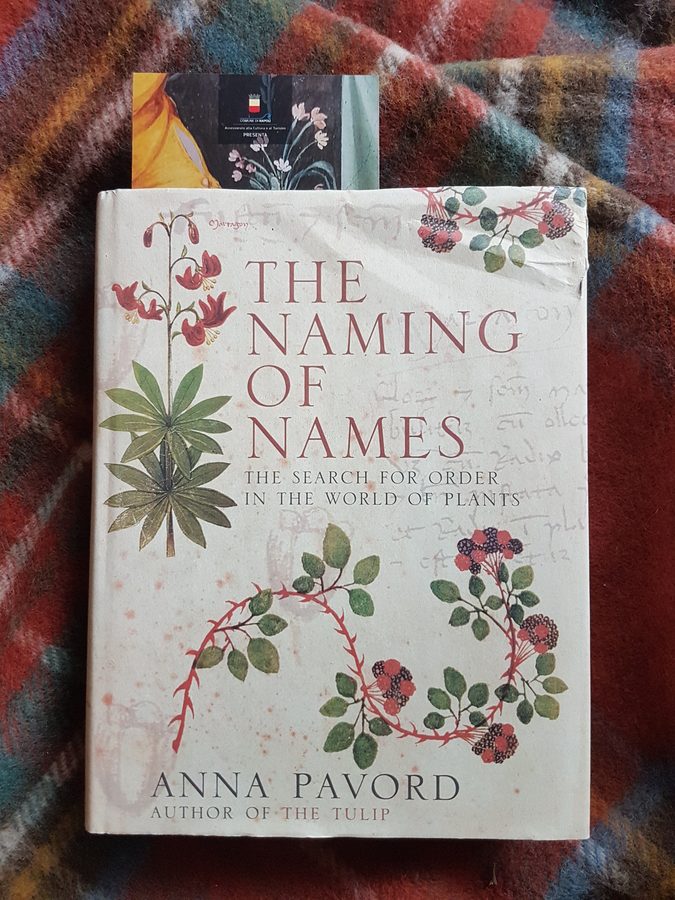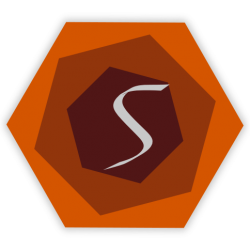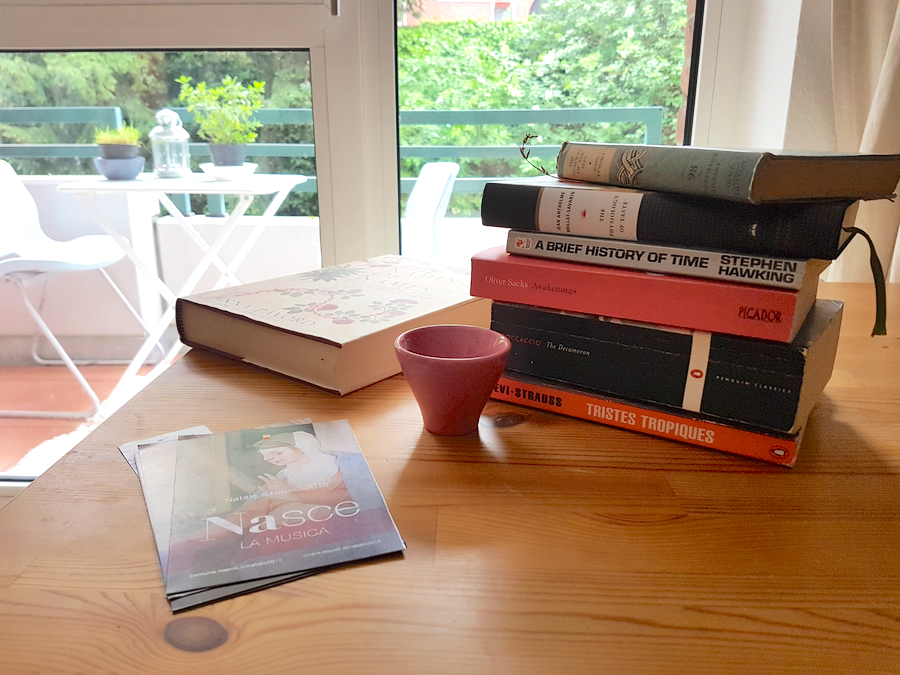I thought I would vary the blog a bit by veering to a slightly different topic, and talk about another of my favourite activities: reading. Truth be told, although I like reading, when I’m travelling or hiking, it’s not the first thing that I go for. Naturally, since I’m out there exploring new places I prefer to dedicate my full concentration to what’s around me (vs. the virtual world of a book).
However, there have been times while I was travelling or hiking when I really yearned for something to read (to the extent that I have ended up voraciously reading product labels and tourist brochures).
travel & hiking reading
Through trial-and-error and some serendipity, I’ve found that the type of books I enjoy most on such occasions is what I would ordinarily consider “boring” books. I’m talking about those books that start slow, and require some dedication to continue reading beyond an initial bump of sluggishness. Though, once you get over the beginning boringness, the book draws you in, and ultimately you find out you’ve read something really valuable, interesting, or curious. In a way, it seems to me that the things most worth learning are those most difficult to read about… Or at least *start* reading about.
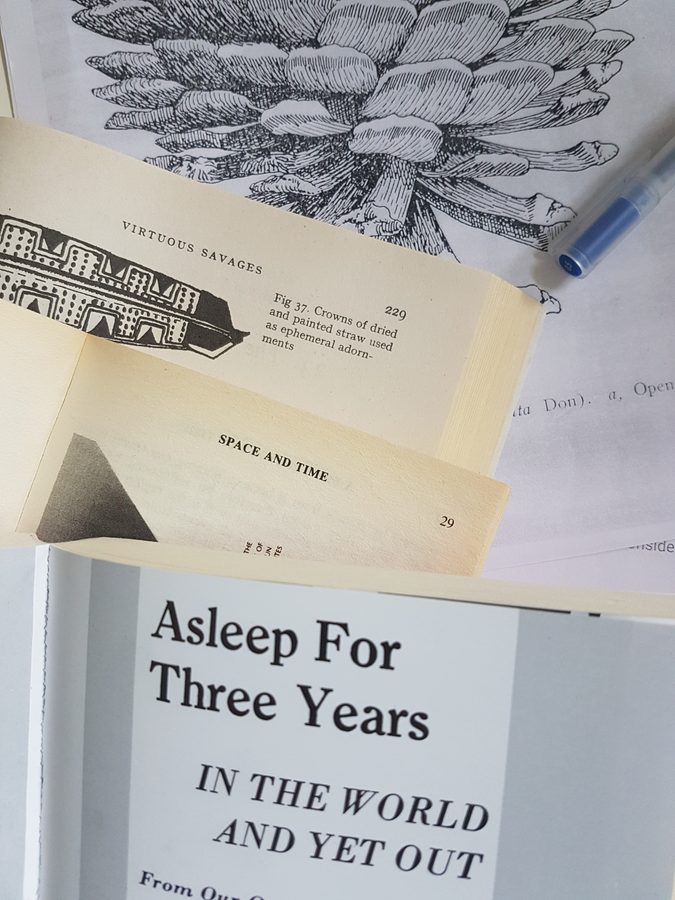
Personally, my “boring” books tend to be non-fiction, or really long fiction books. I thought I’d share my list of books I’ve when travelling and whose reading I consider time well spent. I’m not going to go as far as recommending “The tale of Genji” (still have not been able to read this one through to the end despite two attempts spaced out in time). What I’m rather going to share are a few books that I think most people would find enjoyable, educational, and maybe inspirational. Just remember – like me, you may to experience an initial state of potentially extreme boredom. Ultimately, I’ve been able to fall for all these books, finish them till the end, and I certainly didn’t regret spending time reading them.
why boring books?
For one, I think boring books become a much better option for reading on the go when travelling or hiking, because this is when you may have only a few short moments to read on the go . For example, it could be that you’re relaxing before going to bed, or you’re waiting for your food in a restaurant or cafe. I find it easier to pick up a “boring” book in one of these “wasted time” moments – it’s a welcome diversity to just picking up your phone and randomly searching for anything to occupy yourself with.
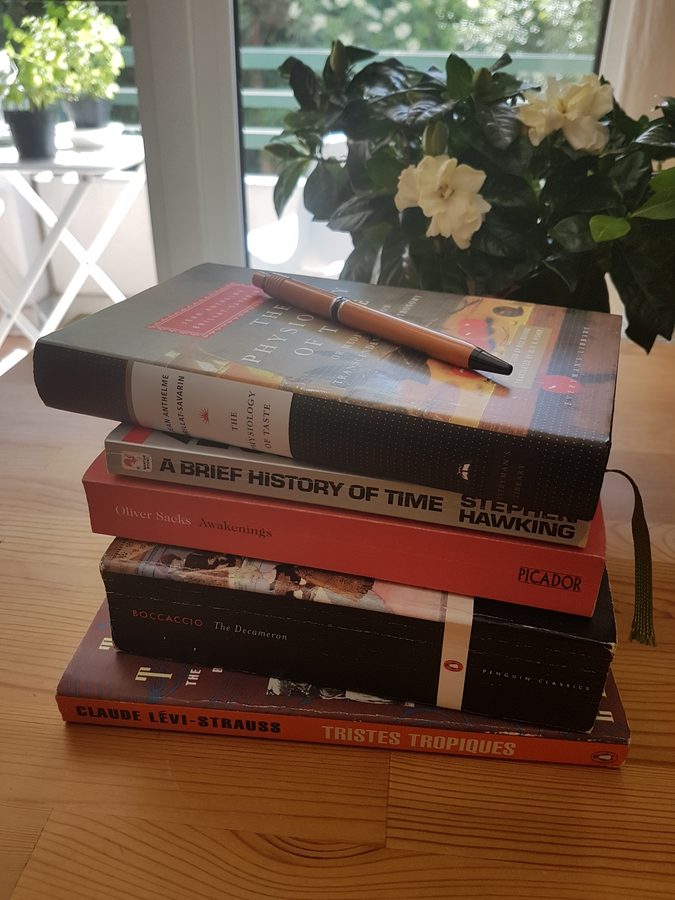
Because “boring” books tend to be quite dense in terms of content, they pack more bang per minute reading, so to speak. We’re not talking about an exciting book you just can’t stop paging through (think, Cryptonomicon). These “boring” books can literally feel like you’re ploughing or waddling through deep water, at least in the beginning.
However, therein lies another advantage: when you get interrupted it is much easier to drop the book on the spot, and not feel like someone uprooted you from your page-turner. This way, you can time your reading sessions as flexibly as as you like, based on what you’re doing at the moment.
my top 5 boring books
Here are my suggestions, in no particular order, accompanied by a brief description of what you can expect and my impressions; don’t worry, I’m not dropping any spoilers!
1. The physiology of taste – by Jean-Anthelme Brillat-Savarin
Recommended for: any travel duration, cooking/food lovers, travel in France
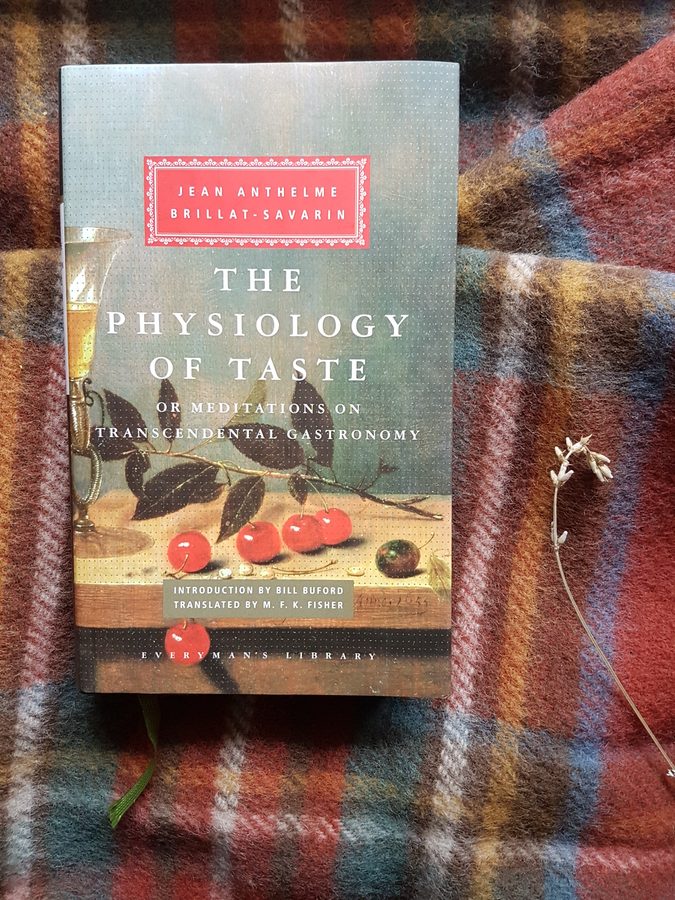 A collection of essays (or as the author himself calls them, “meditations”) on food and cooking written by a 18-19th century French judge who loved food and eating. The book is interspersed with personal anecdotes and curious historical facts – like stories about people gobbling oysters by the dozens (yes, multiple) as a light snack, how to prepare the best coffee, the medicinal qualities of sugar water etc.
A collection of essays (or as the author himself calls them, “meditations”) on food and cooking written by a 18-19th century French judge who loved food and eating. The book is interspersed with personal anecdotes and curious historical facts – like stories about people gobbling oysters by the dozens (yes, multiple) as a light snack, how to prepare the best coffee, the medicinal qualities of sugar water etc.
I particularly enjoyed chapters 4-10, which go a bit deeper into specific ingredients and cooking techniques. The chapters are well self-contained so the book would make sense even if you skip backwards or forwards, but it’s best to read them in order. What Marcus Aurelius’ Meditations are to Roman moral and ethics, this book is to food and gastronomy.
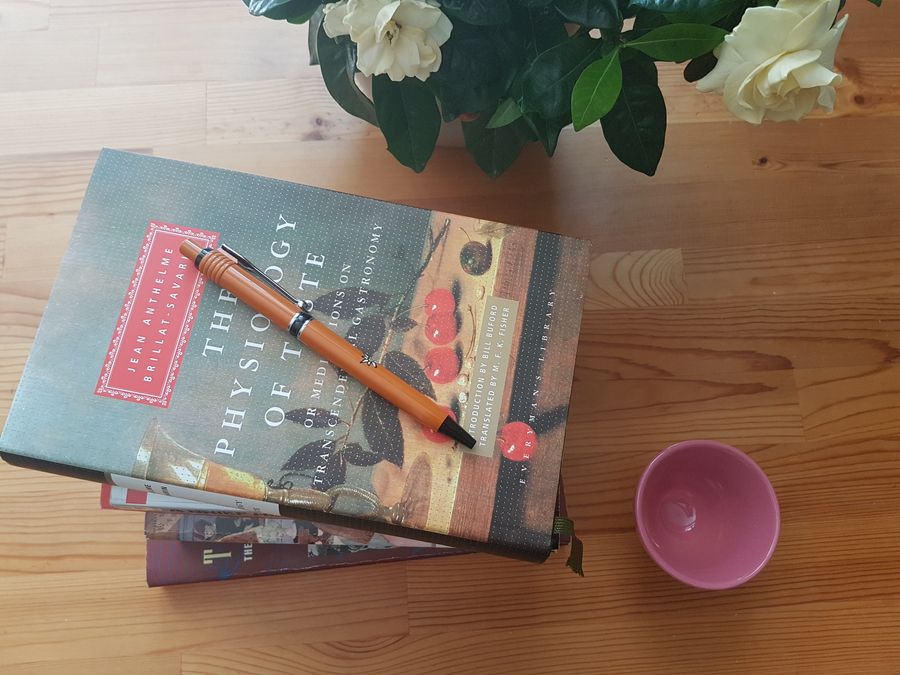
Curious facts:
1. There’s a cheese named after the author – the Brillat-Savarin cheese: one of the creamiest things in the cheese universe, or maybe even on Earth. It’s delicious, you should try it.
2. The full title of this book goes: The Physiology of Taste; or, Meditations on Transcendental Gastronomy. A Theoretical, Historical, and Contemporary work, Dedicated to the Gastronomes of Paris, by a Professor, a Member of Several Literary and Scholarly Societies.
3. Brillat-Savarin had to self-publish the book, and died just 2 months after the publication (he had been writing the book throughout his life).
2. The Decameron – by Giovanni Bocaccio
Recommended for: longer travel duration, fiction lovers, travel in Italy, especially Tuscany and Florence
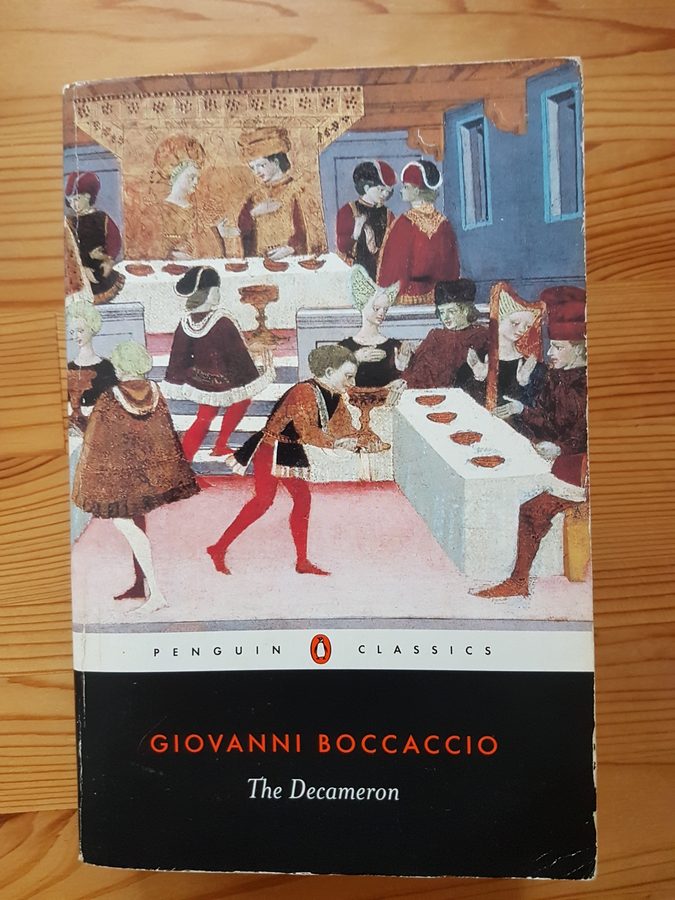
Written in the 14th century by the son of a banker who became neither banker nor lawyer despite his father’s wishes, the Decameron is the most well-known work of Boccaccio. It tells the story of 10 people from Florence telling each other stories for 10 days, while secluding themselves in the countryside as the plague wreaks havoc in Florence in 1348. At almost 1000 pages thick, it’s an impressive volume even in paperback. However, the stories are short and amusing, and well self-contained – perfect for a brisk reading session on the go. This book would be great if you need to take *one* book to keep you occupied during a longer travel. And of course, it would be very apt if you happen to travel around Italy (-:
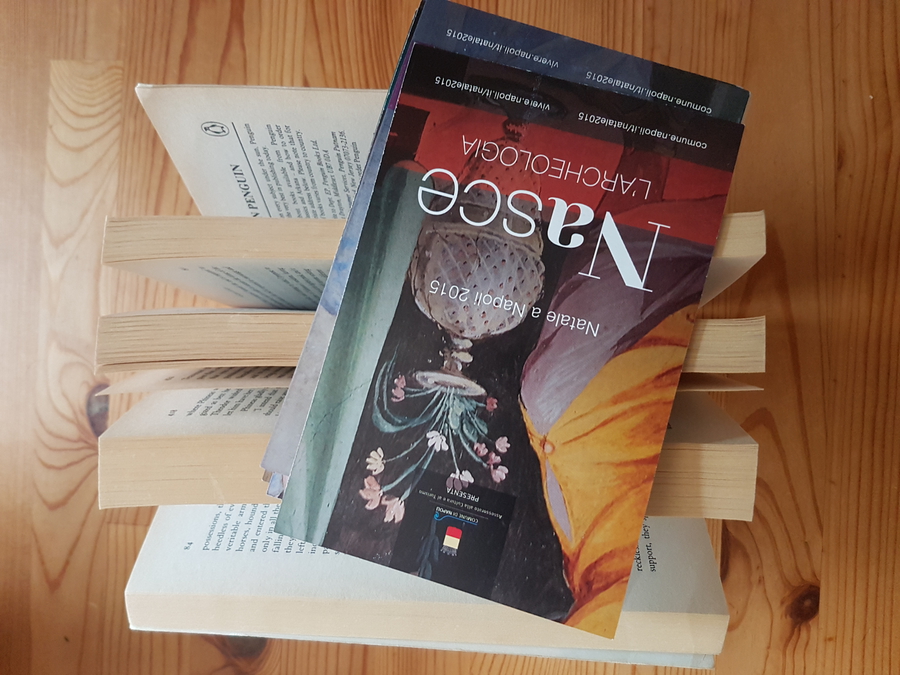
Curious facts and tips:
1. The stories’ titles give a great preview of the content – here’s one example: “Masetto of Lamporecchio pretends to be dumb, and becomes a gardener at a convent, where all the nuns combine forces to take him off to bed with them.” They are in a way spoilers but also very helpful to pick whatever reading matches your mood.
2. Each “day” in the book contains 10 stories (told by a different person), unified by a topic of the day. For example, on the Second Day all the stories focus on “those who after suffering a series of misfortunes are brought to a state of unexpected happiness”. It’s another easy way to pick a story you feel like reading.
Tristes tropiques – by Claude Levi-Strauss
Recommended for: longer travel duration, anthropology, culture and adventure lovers, travel in South America
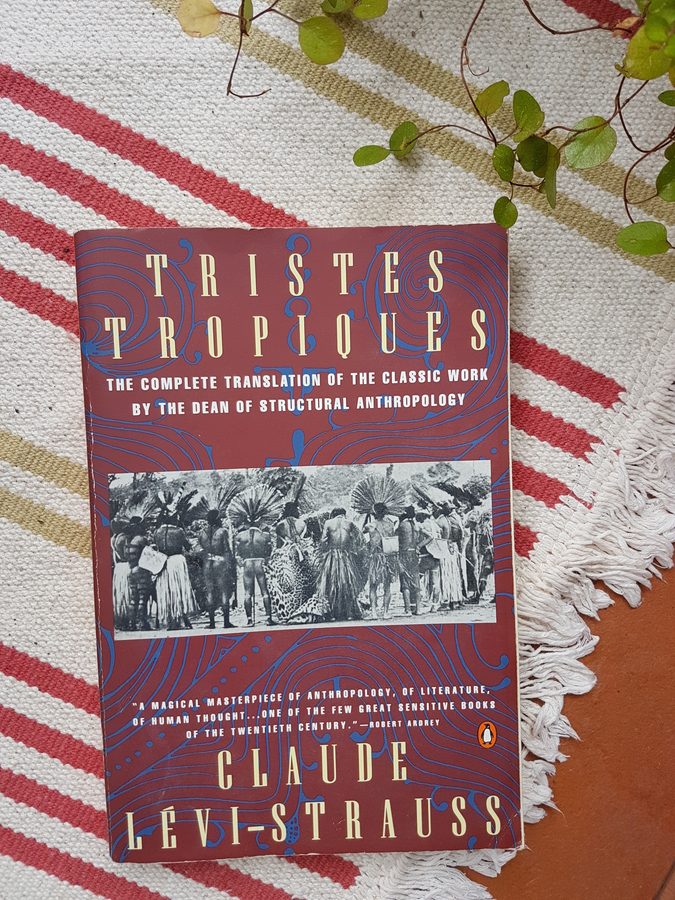
A not too technically dense but still quite scholarly book, this work outlines the Levi-Strauss’s experiences and field research with tribes in the Amazon basin in the 1930s. Considered the father of structural anthropology, the author ventures to find the last remaining “basic human societies” – tribes that had not been touched by modern civilisation and he takes pain to faithfully describe and understand the culture of the tribes he meets.
Fascinatingly, the books reveals as much about the author as about his “subjects” – it may not be always as humanist or politically-correct, so it’s best to take some of the conclusions and observations with a pinch of salt. With that said, this book can transport you to perhaps the last time in the history of mankind on Earth when there were still unexplored places to be discovered, and show you a perspective you may not have imagined before. Just bear in mind that unlike the books above, the chapters are more connected so it’s best to read them in order.
Curious facts:
1. Apparently the author requested that the French title be used for international editions, as the nuances implied by the French title are difficult to translate into English (it’s both poetic and ironic, literally something like “Oh poor/sad tropics!”).
2. Levi-Strauss was actually born in Belgium, not France, to French parents.
3. He died in our time, on 30 October 2009, shortly before reaching his 101th birthday!
A brief history of time – by Stephen Hawking
Recommended for: short travel duration, science and astronomy lovers, travel in/around London and Cambridge
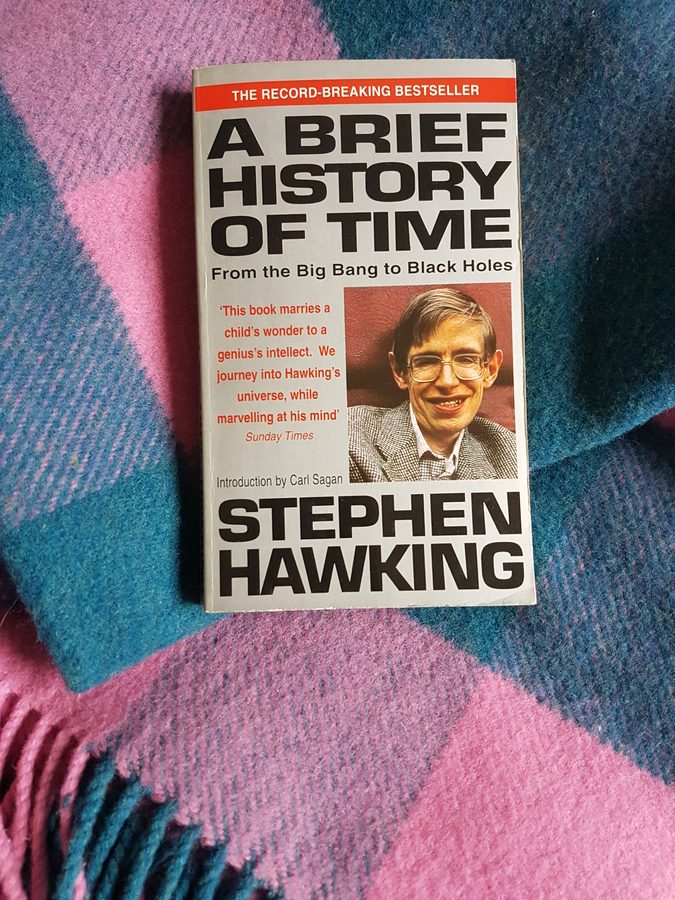
While now not the most up to date, this book by Hawking is a very accessible introduction to the modern ideas about space, the origin and evolution of the universe – in short, all those questions you asked as a child and never got a satisfactory answer to. Hawking writes entertainingly, and with passion – and the illustrations go a long way to help clarify the concepts.
If you feel like you get stuck somewhere, instead of re-reading a paragraph, I found I was able to better absorb the ideas by leaving the book alone for a while and getting back to it later. It does take time for some of the ideas to sink in, whereas others can even be explained to children. In the end you’ll definitely be inspired to wonder about the “purpose” of humankind and civilisation, and all great things we don’t necessarily ask ourselves about on an everyday basis. This book transcends travel on Earth, and you’ll be watching those sci-fi movies about time travel with a fresh point of view!
Curious facts and tips:
1. If you want to ease yourself into the topic, start with reading the three short bio-exposes on Einstein, Galilei an Newton at the end of the book – I found them charming. (Read the rest of the book in order though.)
2. When you get to the picture of a dog, you’ve almost finished the book!
Awakenings – by Oliver Sacks
Recommended for: longer travel duration, psychology and philosophy lovers and humanists, travel somewhere sunny
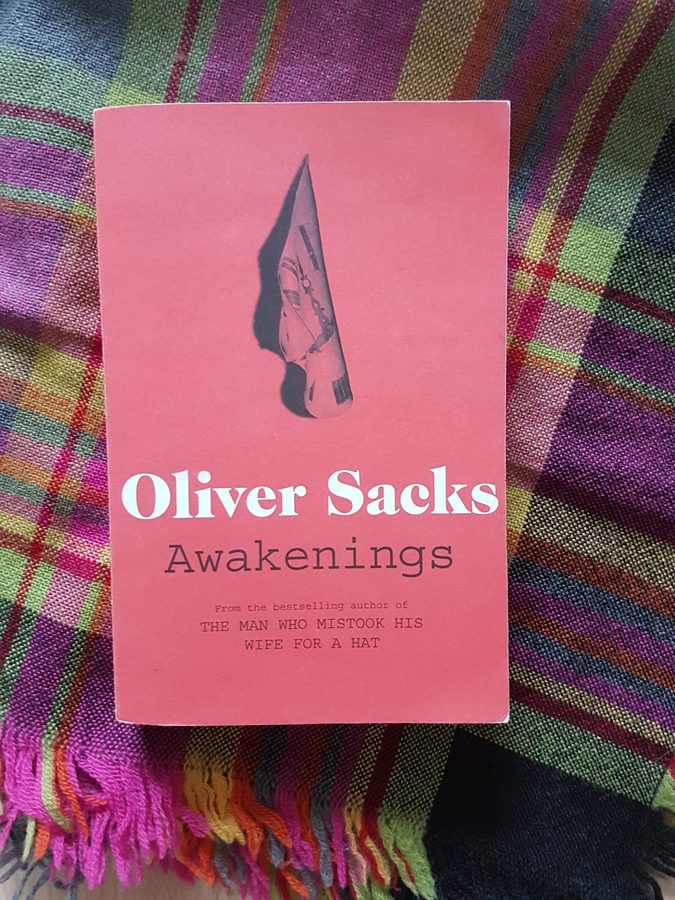
This is a compassionate and relatively technical (clinical) book on the cases of different patients with post-encephalitic Parkinson disease, which Dr. Sacks treated in the early 1970s with L-DOPA. It’s also a book on philosophy and ethics. In short, I’d say it’s a book that’s difficult to classify and it tends to impel you to ask deep and hard questions. At the same time, I found that the title and the whole telling hides an optimistic undertone.
Dr Sacks tells the stories of his patients – and the multiple personal and socio-historical and medical under-stories they contain – with respect, compassion, and humanistic curiosity. It’s in no way a light read, so don’t pick it if you’re travelling or hiking somewhere gloomy (unless this is your cup of tea). Also, you should read this book as-is, because it follows a time chronology, and sometimes contains back references to previous stories.
Curious facts and tips:
1. Do read the footnotes and appendices – at times whole “side” stories hide in them. I found the appendix on “Parkinsonian space and time” particularly fascinating, but you should read it all, and best in the same order as presented.
2. You might have already watched the movie by the same title – if so, you may enjoy the book less. I personally first read books, and then watch movies that are based on them. Depending on your own preference you may first want to watch the movie or vice versa – you know best.
Hope you have fun checking some of these books out!
books i plan to read on future travel:
My bag of travel books has these lined up. I plan to add them (or not), based on how I like them, to the list of “boring books”.
The glaciers of the Alps. Mountaineering in 1861 – by John Tyndall
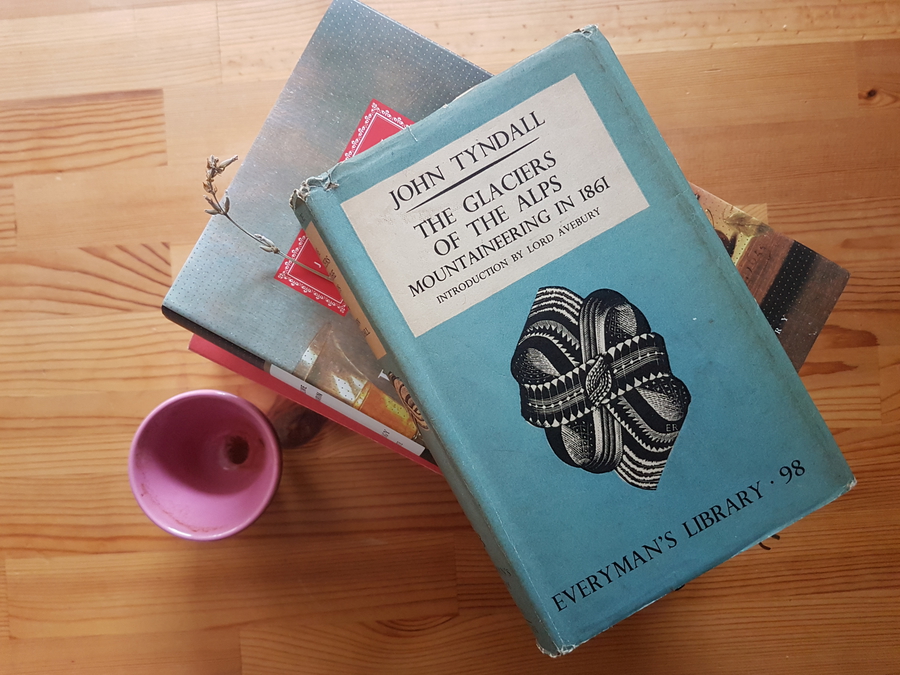
The naming of names. The search for order in the world of plants – by Anna Pavord
